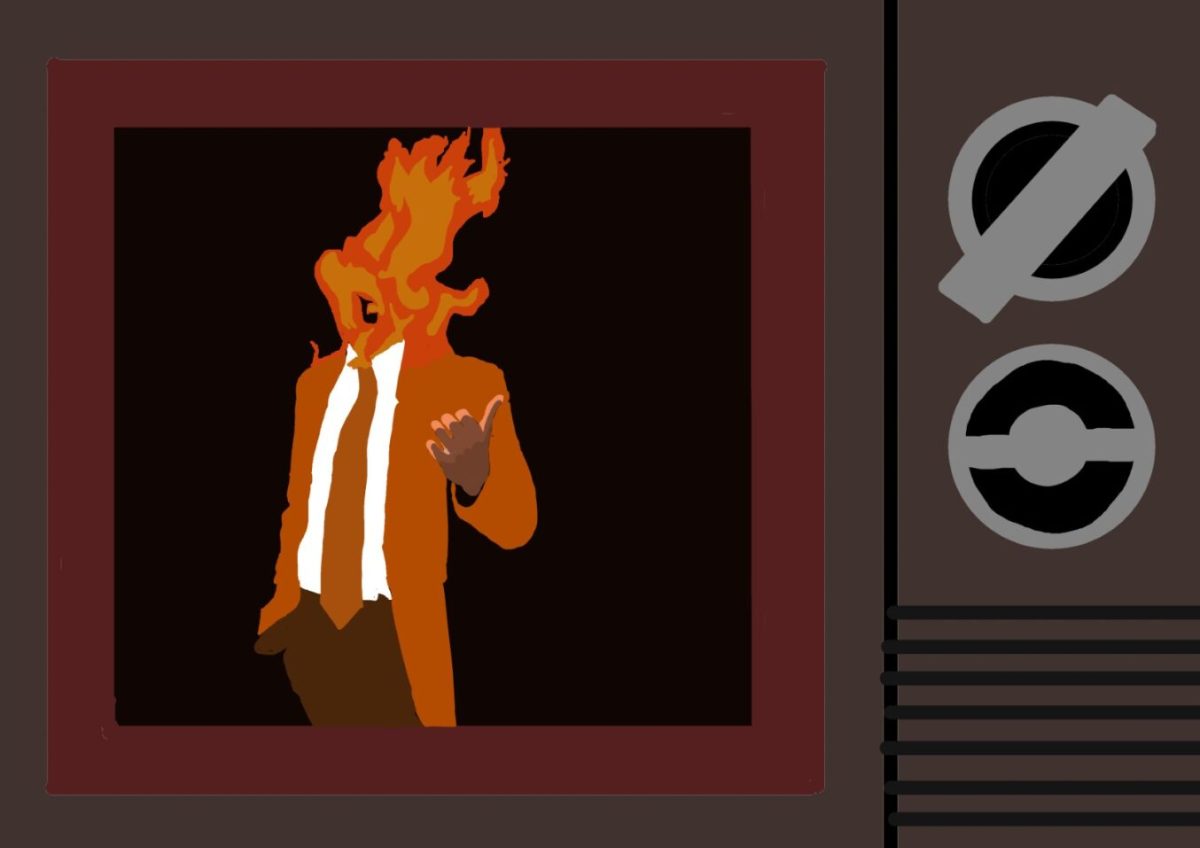Nathaniel Nelson / Winonan
When you look outside your home at this country, what do you see? Perhaps you see a great nation that has overcome struggles to become one of the superpowers in the world, or maybe a country with a dark and unsavory history of violence, torture and corruption. No matter what you see, Ava Duvernay’s new Netflix documentary “13TH” is an absolute must watch. It will infuriate you, frustrate you, sadden you and most of all make you rethink what you know of our country’s past.
“13TH” follows the course of American history to show how the 13th Amendment was not actually the end of slavery, only the beginning of transitions. What was legal became illegal, so the government systems found a way around it. First, there was lynching, terrorism and slander, seen most evidently in the D.W. Griffith’s “Birth of a Nation.” Once that was looked down upon in the public eye, the Jim Crow laws took their place. Following the Civil Rights movement, the term “Law and Order” and the war on drugs managed to do the same thing, which continues up until this day.
One of the reasons why this was able to happen was due to a clause in the 13th Amendment. “Neither slavery nor involuntary servitude, except as a punishment for crime whereof the party shall have been duly convicted, shall exist within the United States, or any place subject to their jurisdiction.” That punishment clause left the door wide open for a migration of slavery from the cotton fields to the jail cell, and it was all completely legal.
In fact, there are more black men and women behind bars than there were slaves in the 1800s. The documentary highlights statistics throughout, showing this transition from one form of slavery to another, and does so with incredible effect. For example, while the United States only has five percent of the world’s population, it has 25 percent of the world’s prisoners. Of that, more than 40 percent are black. While 1 in 17 white men will spend time in prison, 1 in 3 black men will do the same. This racial disparity is appalling, massive and for the most part has gone unnoticed in the public eye.
Duvernay’s talents for showing the plight of black men and women have never been better. Her last film “Selma,” which followed the Selma marches of Martin Luther King, Jr., was rightfully hailed as one of the best civil rights movies of our time. “13TH” takes this to another level entirely because it’s not a fictional representation of a real event 50 years ago. It’s about real problems that are happening right now. There are several moments, covering the fear-mongering campaign of a certain tiny-handed businessman and the Black Lives Matter movement, which are particularly impactful.
But trust me, Duvernay doesn’t play favorites. Both Democrats and Republicans are skewered for their choices, and while Donald Trump’s own boisterous form of racism is used for incredible effect, the film is not political propaganda. Everyone in the system is at fault, whether we want to believe it or not. Covering everything from the Jim Crow period, to the war on drugs of the late 70s, to the Violent Crime Control and Law Enforcement Act of 1994, the film shows how members on both sides of the aisle, either intentionally or unintentionally, managed to continue the white-centric environment that the United States was built on.
The film’s style only adds to the message, with small intermissions of hip-hop songs used to show how the emotions of the black communities are everywhere, even in music. Combined with Duvernay’s tactical use of archival footage mixed with interviews of important individuals on both sides of the movement, “13TH” proves to be not only an impactful documentary, but also a stylistic triumph.
Now, everything in a documentary takes second stage to the message, which is why these things can be so tough to review. “13TH” shines because of its message, not in spite of. With the political climate as toxic as it is, and racial disparity and problems coming out at unprecedented levels, the film’s message is the wake up call this country needs. All in all, “13TH” is a masterwork of documentary filmmaking. Any film that can create the kind of emotional impact that Duvernay provides so effortlessly deserves nothing less than your full attention. If you watch one film this month, make it this one. 5/5
-By Nathaniel Nelson









































